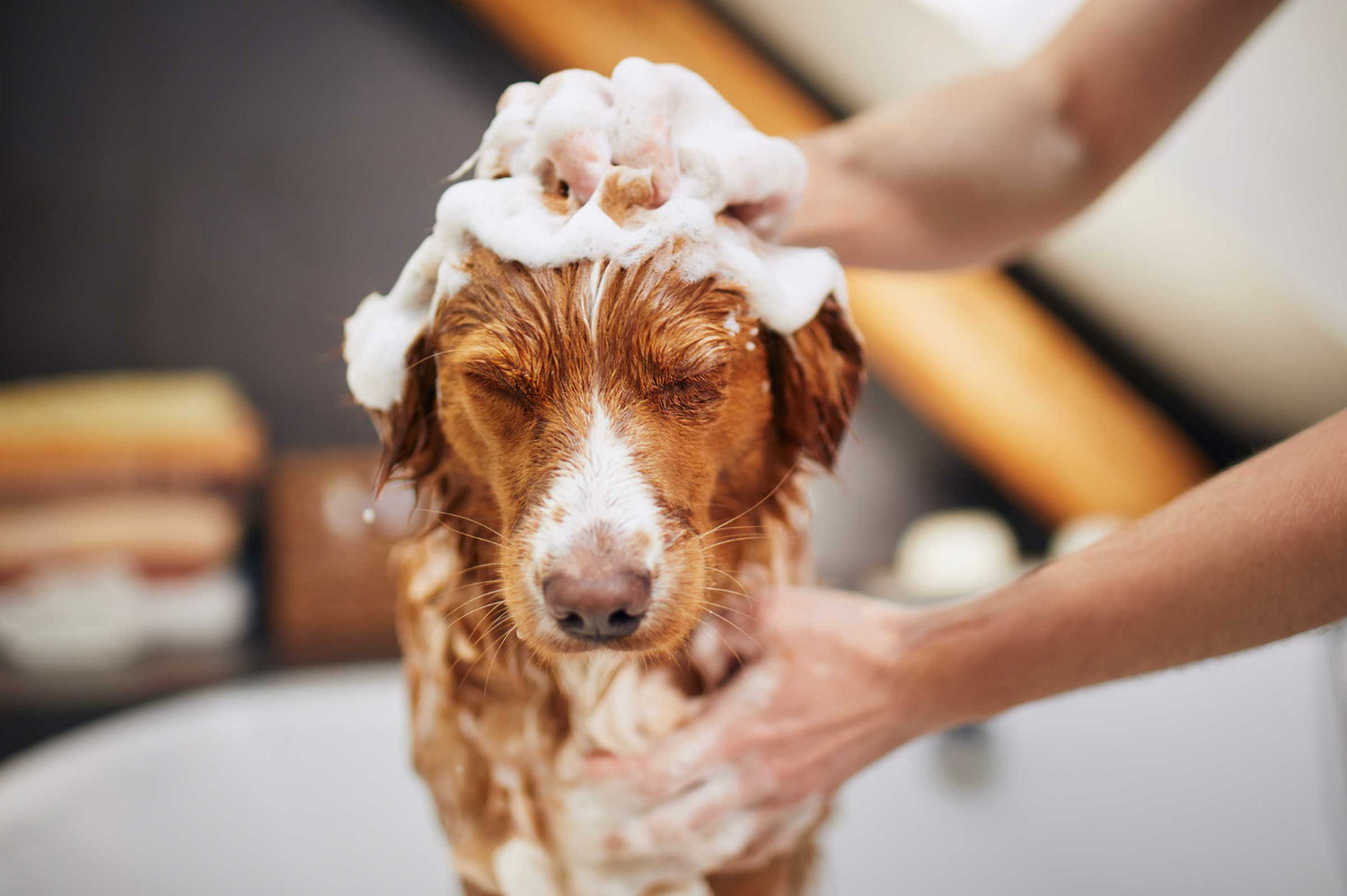Dogs are our furry companions, bringing joy, loyalty, and comfort to our lives. One of the essential aspects of pet care is grooming. Regular grooming ensures that your dog stays healthy, comfortable, and looking their best. The frequency of grooming depends on various factors, including breed, coat type, and lifestyle. Let's dive into the world of dog grooming and discover how often your dog needs a pampering session.
Understanding Your Dog’s Coat Type
Different dog breeds have different grooming needs. A long-haired breed like a Shih Tzu or a Maltese requires more frequent grooming compared to a short-haired breed like a Beagle. Long-haired dogs are prone to tangles and mats, which can cause discomfort and skin issues. Regular brushing helps prevent these problems and keeps their coats looking pristine. On the other hand, short-haired dogs still need grooming to remove loose hair and maintain a healthy coat, but they typically require less frequent sessions.
Seasonal Shedding and Grooming
Many dogs shed more during certain seasons, usually in the spring and fall. This natural process helps them regulate their body temperature. During shedding seasons, it's essential to groom your dog more frequently to manage the increased hair loss. Regular brushing helps to remove the loose fur before it ends up all over your house. It also promotes healthy skin and reduces the risk of mats and tangles.
Activity Level and Environment
Your dog’s activity level and environment play a significant role in determining grooming frequency. Dogs that spend a lot of time outdoors, especially in wooded areas or grassy fields, are more likely to pick up dirt, debris, and even parasites like ticks. These dogs will benefit from more frequent grooming to keep their coats clean and free of unwanted hitchhikers. Conversely, dogs that are primarily indoors may require less frequent grooming, but they still need regular brushing to keep their coats healthy.
The Role of Professional Grooming
While regular at-home grooming is essential, professional grooming should also be part of your dog's care routine. Professional groomers have the expertise and tools to handle more complex grooming tasks, such as trimming nails, cleaning ears, and styling coats. The frequency of professional grooming sessions depends on your dog’s breed and coat type. For instance, breeds with continuously growing hair, like Poodles and Cocker Spaniels, may need professional grooming every 4-6 weeks. Short-haired breeds might only need a visit to the groomer every few months.
Listening to Your Dog’s Needs
Each dog is unique, and their grooming needs may vary even within the same breed. Pay attention to your dog's behavior and appearance. If you notice mats forming, excessive shedding, or signs of discomfort, it’s time for a grooming session. Regular grooming not only keeps your dog looking good but also provides an opportunity to check for skin issues, lumps, or parasites that might require veterinary attention.
Shaving
Shaving dogs is often considered as a solution for dealing with shedding or to keep them cool in hot weather, but it’s generally a bad idea, especially for breeds with double coats. Dogs with double coats, such as Siberian Huskies, Golden Retrievers, Corgis, and German Shepherds, have a unique fur structure consisting of a dense, insulating undercoat and a protective outer coat. This natural configuration is essential for temperature regulation, keeping them warm in winter and cool in summer by allowing air circulation and protecting their skin from the sun.
Shaving a double-coated dog disrupts this balance, exposing them to potential sunburn, heatstroke, and skin irritations. Moreover, once shaved, the coat may grow back unevenly, often resulting in patchy or rough fur that fails to provide the necessary protection. Instead of shaving, regular grooming, including brushing to remove loose undercoat, is recommended to keep double-coated breeds comfortable and healthy.
Building a Grooming Routine
Establishing a consistent grooming routine is crucial for your dog’s overall well-being. Start grooming your dog from a young age to get them accustomed to the process. Use positive reinforcement, such as treats and praise, to make grooming a positive experience. Regular grooming sessions, tailored to your dog’s specific needs, will ensure they stay healthy, happy, and looking their best.
In conclusion, the frequency of dog grooming depends on various factors, including coat type, seasonal shedding, activity level, and individual needs. By understanding these factors and establishing a regular grooming routine, you can keep your furry friend in top-notch condition, ensuring they are comfortable, healthy, and ready to share more happy moments with you. Be sure to review the VetSmart Formulas supplements selection in order to help your animals live their best life, including our Protect Dog Shampoo!











